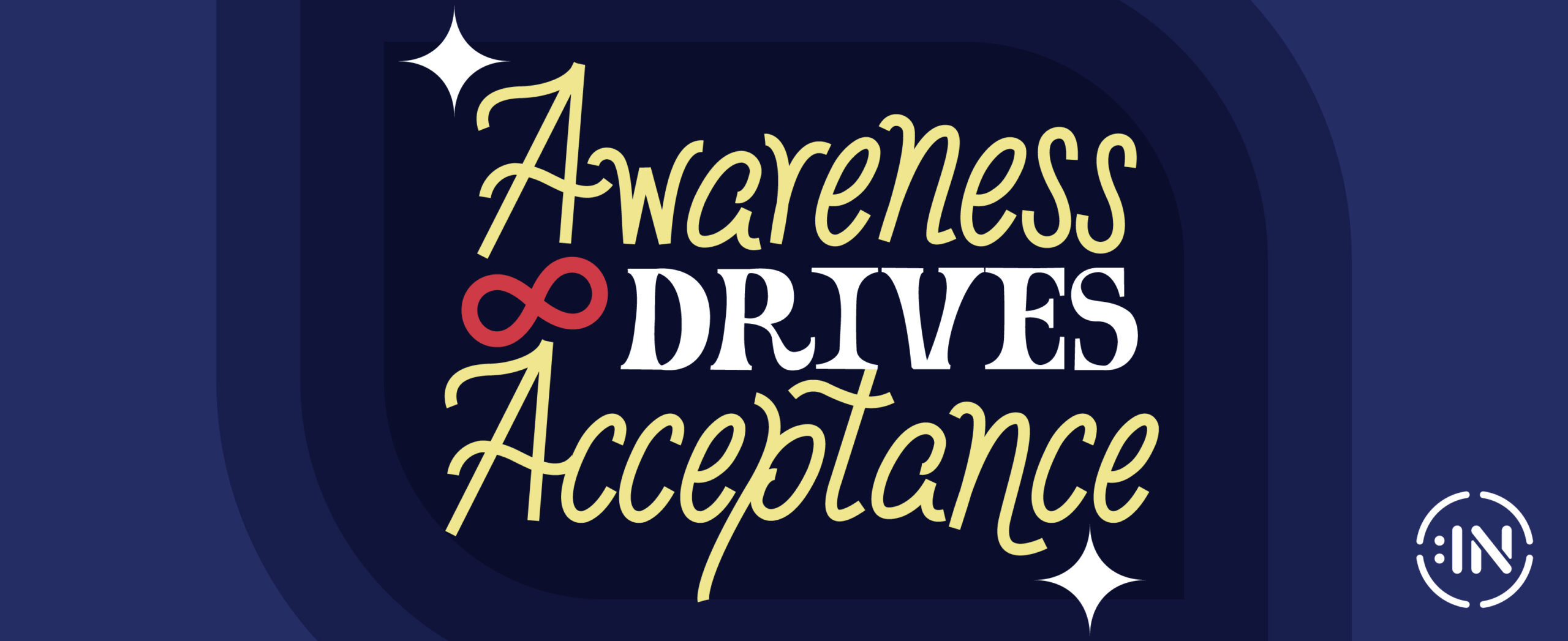One of the most pernicious stereotypes is that neurodivergent people are only a good fit for subordinate positions or working in highly technical or individual roles.
People don’t usually attend voluntary training sessions on neurodiversity inclusion with the intention to ask ableist questions. They come because they want to be allies. And yet, even among would-be allies, the typical question is, “how can I/others be a better leader to autistic people.” Why not “how can I be a better colleague, direct report, or ally?” This thinking can’t be explained by a habit of being high in organizational hierarchy – the question is often asked by individuals who never had managerial responsibilities.
This seemingly innocuous question reflects one of the most persistent stereotypes associated with implicit ableism. Many believe that autistic and, more broadly, neurodivergent individuals (e.g., those with ADHD or learning differences) can’t be leaders. Prominent examples such as Richard Branson, Charles Schwab (dyslexic) or Elon Musk (autism spectrum) are explained away as rare exceptions. Other models of autistic leadership in business, politics, or the Navy, as well as the many examples of small business owners, are sensationalized and ignored at the same time. Overall, neurominorities are still seen as only “fit” for subordinate positions or select (usually technical) individual contributor roles.
Tellingly, another popular question is “which jobs are suitable for autistic (or other neurodivergent) people?” It reveals the same underlying ableist assumption: that the full range of jobs isn’t suitable. In reality, there is a tremendous range of talents and abilities among neurodivergent individuals, matching the full range of jobs available—plus some jobs that never existed until neurodivergent people created them.



